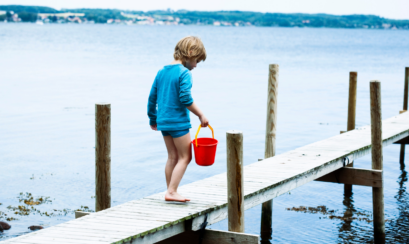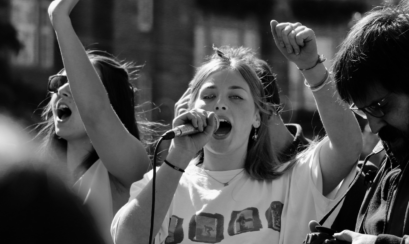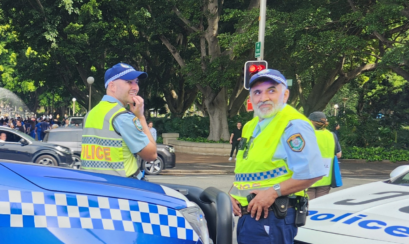In December 2020, new short-term rental laws were introduced in NSW, with further changes commencing in November 2021. These changes will affect all holiday premises run by groups such as Airnbnb, booking.com, Stayz and many others.
Hopes for post-Covid recovery of short-term rental market
While the short-term rental market in NSW has been dramatically affected by the coronavirus pandemic, once the majority of the population is vaccinated, one hopes that lockdowns will become a thing of the past and people will be able to go on holiday again.
The new short-term rental laws in NSW will have a significant impact on holiday rentals, creating better regulation of the industry and providing mechanisms to monitor and penalise rogue elements.
Owners, letting agents, online booking operators and guests will all need to be aware of their obligations under the new laws.
Code of Conduct bans problematic hosts and anti-social guests
In December 2020 the NSW government brought in a tough new Code of Conduct for the short-term holiday rental industry, which spells out minimum standards of behaviour.
The code aims to crack down on rowdy, destructive parties in short-term rentals that upset neighbours and breach coronavirus-related public health orders which stipulate the maximum number of people permitted to be on the premises.
It gives power to the NSW Fair Trading Commissioner to ban what it calls “problematic hosts or anti-social guests”. This includes noise which disrupts neighbours and damage to the premises, including common property in a strata property.
Threat of listing on Exclusion Register for breaches of code
If a guest or host commits two breaches of the code within two years, they will be placed on the Exclusion Register for five years, during which they cannot let or rent holiday premises.
The Exclusion Register took effect in December 2020. In September 2021, at the time of writing this article, there were no people or premises listed on it. (For more information please see Bad short-term renters and hosts in NSW can now go on Exclusion Register.)
Complaints, dispute resolution and penalties under Code of Conduct
The Code of Conduct provides formal avenues for complaints and dispute resolution. Neighbours must be able to contact the owner or their agent with any complaints.
Under the code, guests are responsible for the actions of their visitors, and owners are answerable to their neighbours for the behaviour of their guests.
There is some room for confusion about the application of the code and the punishments it contains. Penalties can be severe. Breaches of the code can lead to fines of up to $110,000 for a corporation or $22,000 for an individual.
New planning policy, STRA Register and fire safety standard
Other big changes are afoot for the short-term rental industry. A short-term rental accommodation premises register (STRA Register) has been developed by the NSW government. It opened on 10 April 2021 for hosts to register the holiday rentals they have on offer.
It will become mandatory to list short-term rental premises in NSW on the STRA Register on 1 November 2021. A new state-wide STRA planning policy takes effect on the same day.
An important new development under the planning policy is the introduction of the Short Term Rental Accommodation Fire Safety Standard, which makes it compulsory for providers of short-term rental accommodation to install smoke alarms and have an evacuation plan.
All dwellings proposed to be used for short-term rental will have to comply with the fire safety standard, which is designed to meet the demand for higher safety requirements without placing a prohibitive cost burden on the owners of premises.
All owners and operators of short-term rental accommodation in NSW should familiarise themselves with the new laws and make sure they comply without delay.














